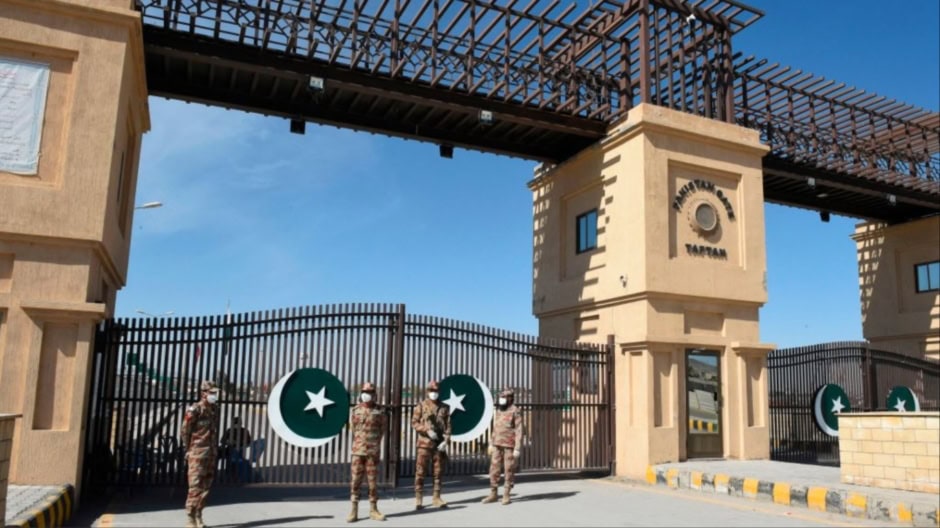ISLAMABAD: In a pivotal development for Pakistan’s trade and digital economy, the Senate Standing Committees on Commerce and Finance held a rare joint session to address escalating disruptions in barter trade with Iran. The meeting—co-chaired by Senator Saleem Mandviwalla and Senator Anusha Rahman Ahmad Khan—underscored the urgent need to modernize and digitize Pakistan’s cross-border trade infrastructure.
The absence of the Secretary of Commerce and Minister for Commerce sparked outrage among lawmakers, who criticized the lack of accountability in managing one of the country’s key trade routes.
At the center of the discussion was the outdated and inefficient barter trade framework between Pakistan and Iran, which has stalled legal trade, hindered exports, and negatively impacted Pakistan’s economic potential. Lawmakers called for a digital-first policy approach to revamp the mechanism, which currently suffers from bureaucratic red tape and policy overlap.
Senator Mandviwalla voiced his frustration over the lack of digital systems in place to streamline cross-border operations, declaring, “Countries are not run on stay orders.” He criticized Pakistan Customs for relying on outdated manual processes and judicial delays to manage trade. Senator Anusha Rahman stressed that unless trade facilitation is digitized, the Prime Minister’s goal of boosting exports to $60 billion will remain unattainable.
The committee pinpointed the clash between two existing policies—the Barter Trade Policy, which limits imports to Iranian-origin goods, and the Import Policy Order, which requires I-Form filing—as the core of the disruption. The overlap has led to confusion among traders and a logistical nightmare at borders, especially in the absence of a digital payment or banking system to support transactions.
Iranian officials revealed that over 1,200 trucks are currently stranded at the border—double the previously estimated figure—due to cumbersome trade verification and customs procedures, resulting in millions in losses for businesses on both sides.
The current requirement for Iranian transporters to furnish a bank guarantee equivalent to duties and taxes has become a major hurdle, especially with no formal banking channels between the two nations. Without digital trade systems or fintech-based escrow services, cross-border transactions remain stalled.
Officials from the Ministry of Commerce admitted that the barter trade model is archaic and in desperate need of reform to align with modern e-commerce and trade facilitation tools. The committee called for the adoption of digital platforms, blockchain-based tracking, and real-time trade documentation to reduce bottlenecks and support legal trade.
The urgency of these reforms comes in the wake of broader governance concerns. Just days earlier, major matric exam paper leaks were reported across Sindh, including Karachi—highlighting systemic inefficiencies and the need for digital accountability across sectors.
In conclusion, the committee resolved to redraft the barter trade policy with a modern digital framework, aiming to eliminate redundancies and boost trade transparency. The new draft will be vetted by the joint committee and submitted to the Federal Cabinet within 10 days.

 3 min read
3 min read


















